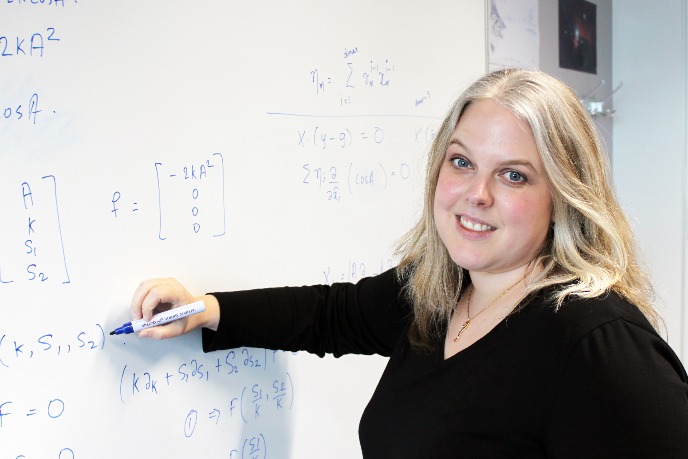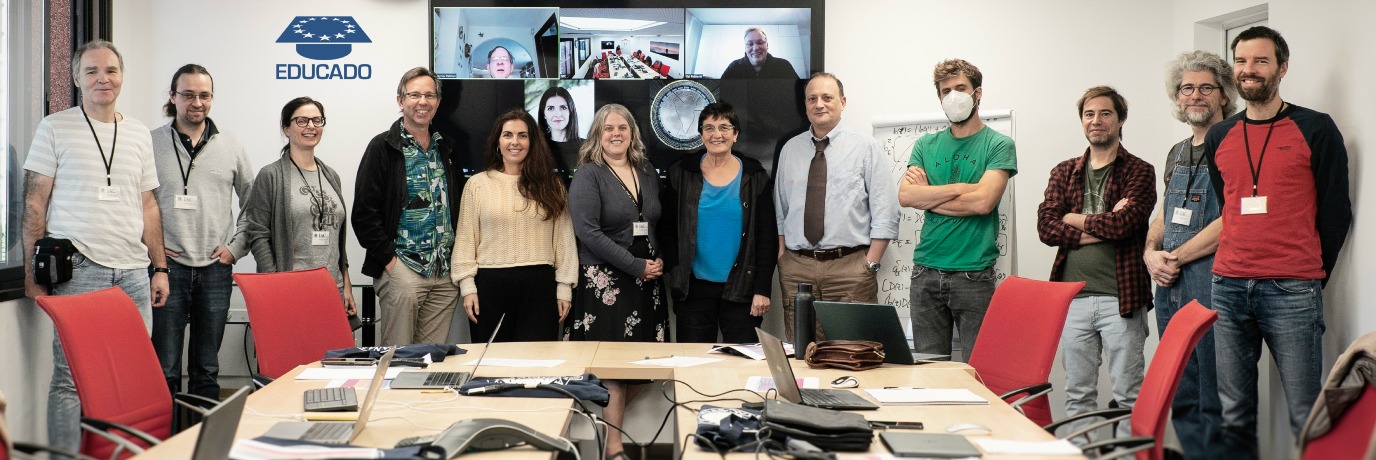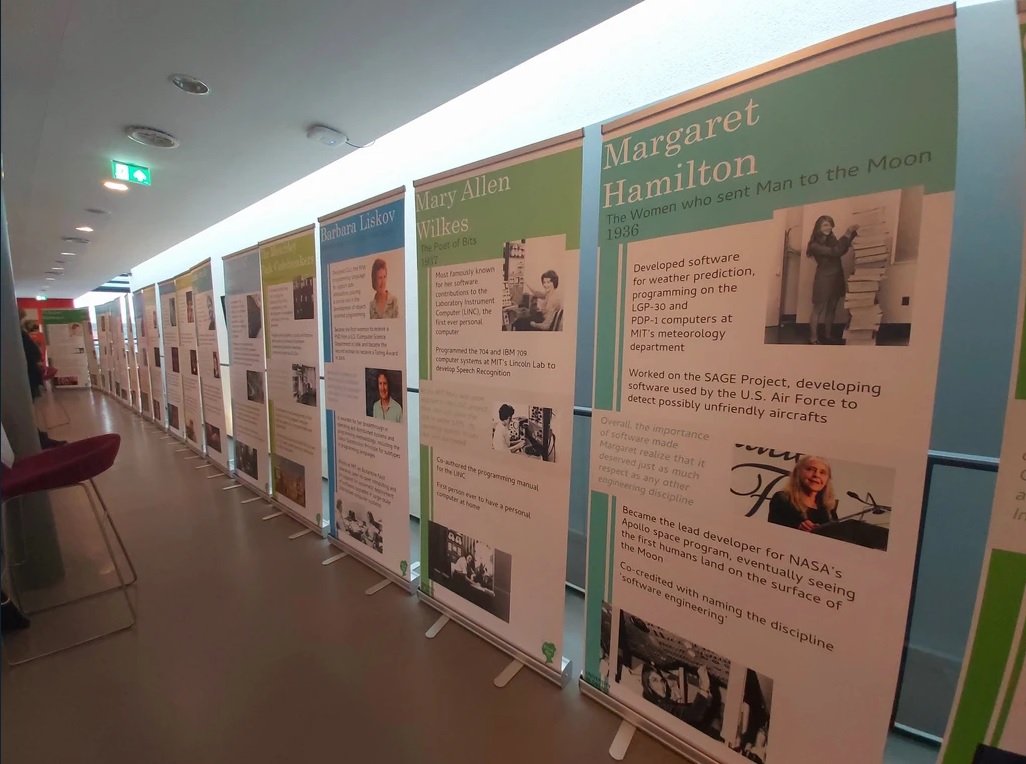Machine learning with limited data

Software can learn to recognize cancer in a medical scan or filter out spam emails, as long as it gets plenty of examples to train itself with. But what if the data set for a specific task is minute or even impossible to obtain? Kerstin Bunte, Professor of Machine Learning for Interdisciplinary Data Analysis, specializes in working with limited data. She is swimming against the current habit of ‘just ask for more’.
FSE Science Newsroom | René Fransen
‘In paediatric medicine, for example, there are often very limited patient data available,’ says Bunte. You can only take so many blood samples from a newborn, regardless of whether they are sick or healthy. Therefore, doctors often treat children simply as little adults, even though their bodies can react very differently to drugs and diseases. Bunte has worked with paediatricians to tackle this problem.

Her approach integrates machine learning, which typically requires a lot of training data, with expert knowledge: the information that doctors have about the topic. She verses herself in the topic at hand—in the paediatrics case, that involves knowledge about how drugs work in the lab, the effect on laboratory animals, and other expert knowledge. ‘From this type of data, I can learn a lot about a medical condition and its treatment in small children,’ Bunte explains. And she has developed various techniques to use this knowledge in machine learning.
Farmers have a similar problem to paediatricians
Apart from medicine, Bunte has also conducted projects in astronomy and agriculture. ‘Astronomers often have vast amounts of data, but the remnants of the evolution of galaxies and the cosmos that they are looking for are often very faint and buried in vast amounts of background noise’, she explains. And farmers have a similar problem to paediatricians when they want to use, for example, imaging to detect diseases: training images of a diseased crop are difficult to come by, as the diseases occur for a short time and in a specific season. ‘And you don’t want to label a few hectares of plants manually.’

By combining her machine learning experience with her knowledge of the domain in which she is working - medicine, astronomy, or agriculture -, she can also find out what information is lacking. ‘The structure of the unobserved can carry information for the solution.’ Bunte’s combination of skills is fairly rare, and the number of scholars working on the issue of limited data is itself very limited.
Fellow academics want to hear about theories
Furthermore, getting enough experience in the areas that will be using machine learning takes a lot of time. Bunte: ‘Getting to know a new domain enough to develop novel targeted solutions takes me at least five years.’ And each domain requires its own machine learning strategy. Together with my collaborators, I have developed a range of techniques and had the chance to learn a multitude of different strategies to do this.’
As for the future of her research: she is now looking at robots for smart industries. ‘There is a lot more work to do in my area of expertise.’ But first, she and her team need to continue working on the theory behind her solutions for the limited data problem. ‘They must be made more scalable. And the algorithms we have designed with our collaborators from different fields are still quite demanding in terms of the required computing time. That must be improved as well.’

A role model for girls
Through the interdisciplinary nature of her approach, Bunte has learned to speak to different audiences. ‘When I’m talking to someone from the industry, they need to know what I can do for them. Fellow academics want to hear about my theories and ideas.’ Bunte frequently works with academics from outside her own field, and she also tries to connect with the next generation by visiting schools. She developed an educational game for them, in which seemingly random processes make fantastic structures. ‘And as a female computer scientist, I can be a role model for the girls in these schools.’ She is already looking forward to next year, when the one-day Alice and Eve event that celebrates women in computer science will be held in Groningen. ‘I enjoy all these different encounters. I get to know many interesting people this way and visit interesting places, varying from schools to hospitals and from farmland to telescopes on high mountains.’
| Last modified: | 18 December 2024 10.21 a.m. |
More news
-
03 April 2025
IMChip and MimeCure in top 10 of the national Academic Startup Competition
Prof. Tamalika Banerjee’s startup IMChip and Prof. Erik Frijlink and Dr. Luke van der Koog’s startup MimeCure have made it into the top 10 of the national Academic Startup Competition.
-
01 April 2025
NSC’s electoral reform plan may have unwanted consequences
The new voting system, proposed by minister Uitermark, could jeopardize the fundamental principle of proportional representation, says Davide Grossi, Professor of Collective Decision Making and Computation at the University of Groningen
-
01 April 2025
'Diversity leads to better science'
In addition to her biological research on ageing, Hannah Dugdale also studies disparities relating to diversity in science. Thanks to the latter, she is one of the two 2024 laureates of the Athena Award, an NWO prize for successful and inspiring...
